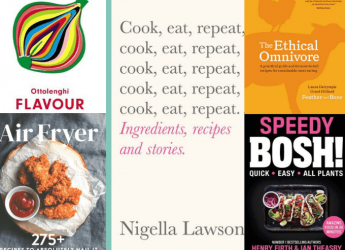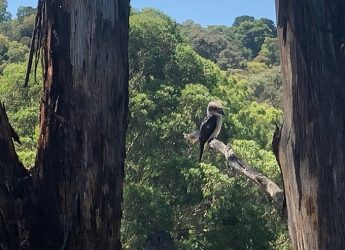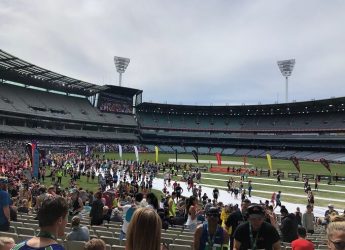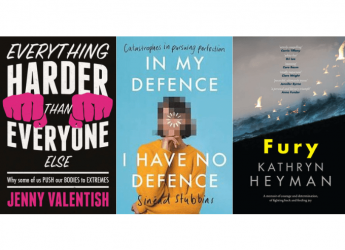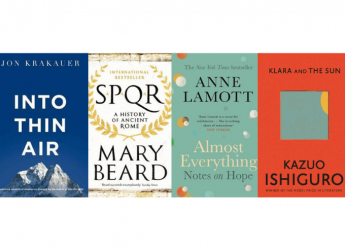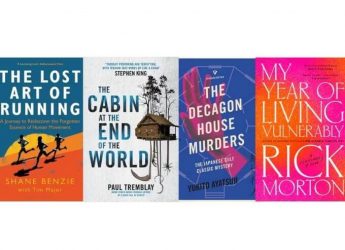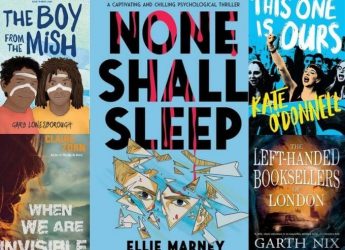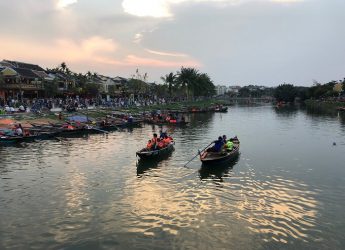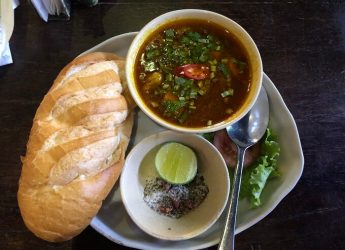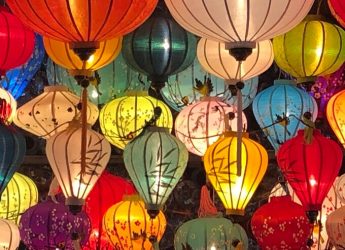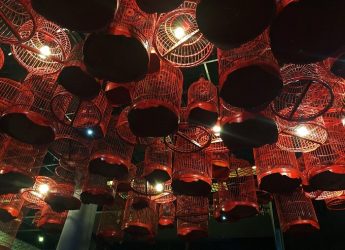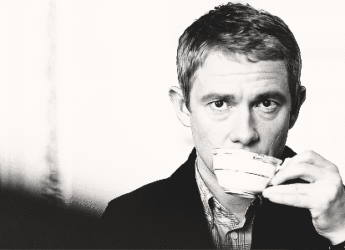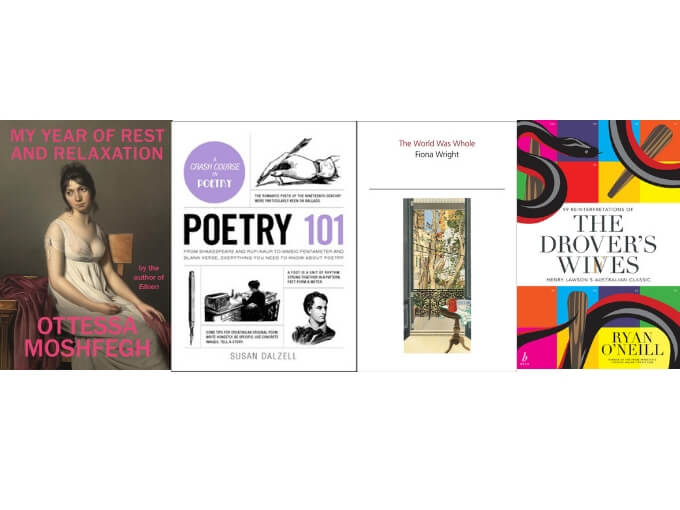
I would like to begin this month’s reading recap with The World Was Whole by Fiona Wright, her latest book which proves again why she’s one of the country’s most accomplished writers. It examines themes I’ve explored in my own work – returning to home and self, and how the two are not always in sync; of keeping an intrepid, curious spirit while trying to manage chronic health challenges; and more – and it was a pleasure in this instance to reacquaint myself with the inner suburbs of Sydney, a place I continue to miss even after living in Melbourne for almost two decades, through her descriptions. And I particularly liked her essays on travelling to Iceland and China, the observations are detailed and powerful.
It’s been so long since I was at university that I’m not sure if Henry Lawson is still on the curriculum of any variant of the ‘Australian Literature 101’ classes that continue to run. It was in such class a where I first read Lawson and I liked his work well enough – but I much preferred Barbara Baynton. ‘The Drover’s Wife’ is quite a short short story and when I picked up The Drover’s Wives: 99 Reinterpretations of Henry Lawson’s Australian Classic I wondered how on earth will it yield 99 reinterpretations? Did I miss something in my original reading? Well, I shouldn’t have doubted the clever and witty talents of its author Ryan O’Neill. Especially when my son came along and picked it up, and as he flicked through kept saying, “Oh look, a PowerPoint presentation! That’s funny. Now it’s a play. Now it’s a poem.” And so on. That was when I realised its subversiveness; by examining the source, challenging parts that deserve challenging and contemporising the themes we learn more about how far we’ve come as a culture and the elasticity of texts.
One of the biggest word-of-mouth and Insta-storied books of the year so far (for me) has been My Year of Rest and Relaxation by Ottessa Moshfegh. I confess I haven’t progressed far through it yet. I’m finding the protagonist deeply dislikable (I know this is deliberate). Perhaps I will change my mind, or just wait to read until I’m in a better mindset to absorb it. So far it feels to me like a somewhat-updated American Psycho, where everything that was transactional – relationships, materials etc. – was preferable, certainly when compared to the real. Because just what is ‘real’ in a post-post-modern world? Not a bad question to ponder.
Finally, I’m dipping in and out of Poetry 101: From Shakespeare and Rupi Kaur to Iambic Pentameter and Blank Verse, Everything You Need to Know about Poetry by Susan Dalzell. I’ve said before that I like ‘how to’ writing books, for my own reference and because when I teach I’m sometimes asked for recommendations. When it came to poetry, my list needs a bit of expansion. In this case, it offers a condensed history of the form from the ancients through to Rupi Kaur and the generation of digital poets. Handy for students wanting an ‘in’ contextually, but there are next to no exercises for budding writers.
What are you reading this month?
